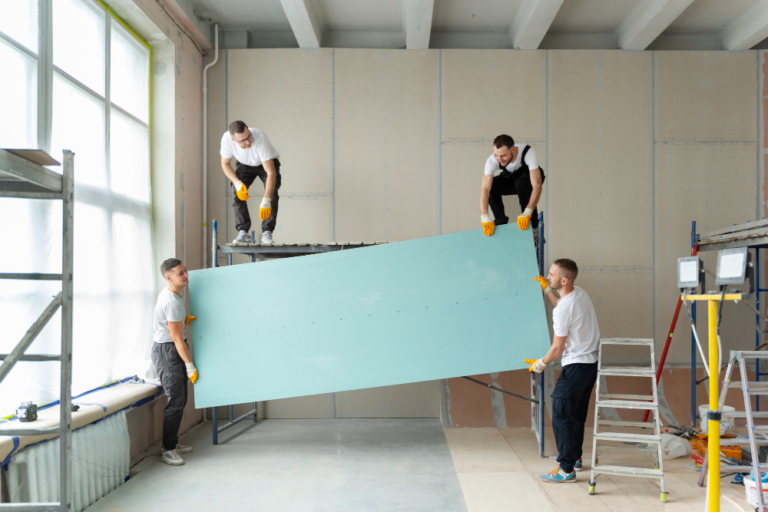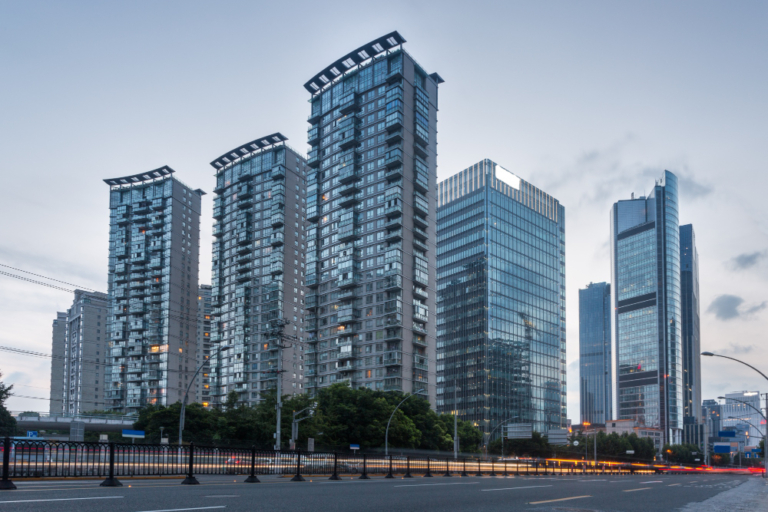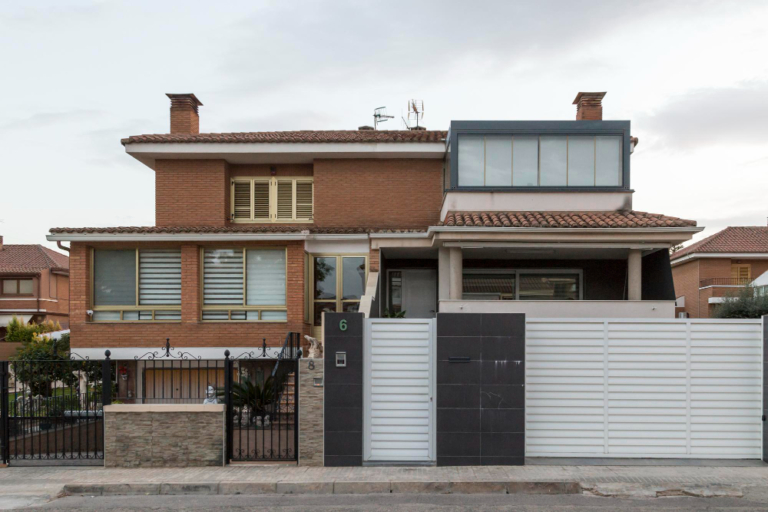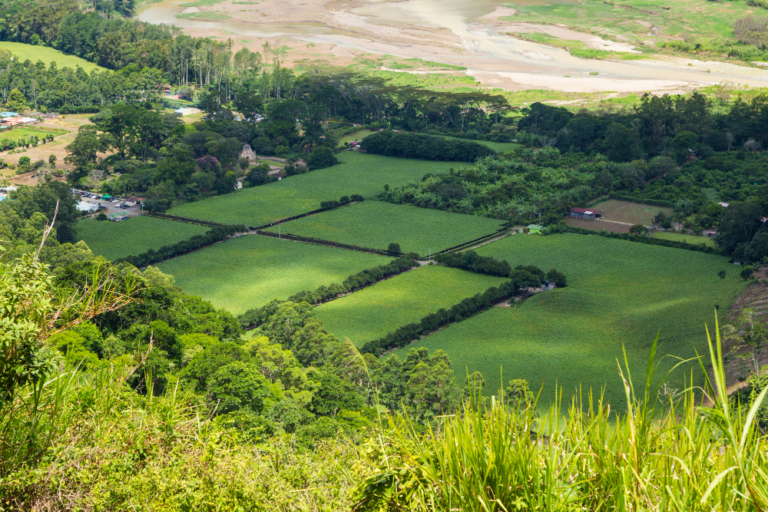Thailand has become an attractive destination for real estate investors interested in property flipping. From condos in bustling cities like Bangkok to vacation villas on picturesque islands, Thailand’s diverse property market offers ample opportunities for those looking to buy, renovate, and sell properties at a profit.
This article will take you through the essential steps, legal considerations, and financial strategies for successful property flipping in Thailand.
What is Property Flipping?
Property flipping is a real estate investment strategy in which an investor buys a property with the primary goal of selling it for a profit in a relatively short period. The profit is generally achieved through either price appreciation in a hot market or by adding value through renovations and improvements. In essence, property flipping involves purchasing a property at a lower price, enhancing its market value, and then quickly reselling it at a higher price.
There are two main types of property flipping:
- Rehab Flipping: Involves buying an undervalued or distressed property, renovating it to increase its market value, and then selling it for a profit. This type often requires a keen eye for properties with renovation potential and an understanding of the local market.
- Market Flipping (or Speculative Flipping): This approach depends on market conditions rather than improvements. Investors buy properties and hold them briefly in a rapidly appreciating market, intending to sell for a higher price without significant renovations.
While property flipping can yield substantial profits, it also involves risks, such as fluctuating market conditions, unexpected repair costs, and the potential for extended holding periods if the property doesn’t sell as quickly as anticipated.
Why Flip Properties in Thailand?
Thailand’s appeal to property investors lies in its diverse real estate market, comparatively low property prices, and attractive returns on investment (ROI). High rental yields in urban areas like Bangkok and Phuket add further value, particularly for condos popular with expats and tourists. Given the nation’s steady economic growth and rising demand for rentals and sales, Thailand is a strategic choice for investors aiming to buy, renovate, and resale properties at a profit.
Types of Property Flipping in Thailand
Condos for Flipping
Condos are the most accessible property type for foreign buyers, as Thai law allows foreigners to own up to 49% of the total units in a condominium project. Condos are generally easier to manage, often requiring minor renovations such as flooring, painting, and kitchen upgrades. They are popular among expatriates, tourists, and young professionals.
Houses for Flipping
House flipping can be lucrative but comes with restrictions for foreign ownership. Investors may consider forming a Thai corporation or leasing for 30 years. Houses tend to appeal to families and long-term residents, and a full remodel often yields higher ROI due to the potential for significant appreciation.
Land for Flipping
Buying and selling land for profit can be profitable, especially in high-demand areas like Phuket or Chiang Mai. However, foreign ownership of land is generally restricted, so investors may need to enter joint ventures or use corporate ownership structures.
Key Steps to Flipping Properties in Thailand
1. Legal Considerations for Foreigners
Foreigners can own condos but have restrictions on land and houses. Options include:
- Leasehold Agreements: Lease land for up to 30 years with renewal options.
- Thai Corporations: Establish a Thai company to acquire properties.
- Joint Ventures: Partner with a Thai national for ownership.
2. Finding the Right Property
Identify promising properties through online listings, local real estate agents, or auctions. Target locations with high rental demand, popular among tourists and expats.
3. Financing the Flip
Most Thai banks don’t lend to foreigners for property. Alternatives include private loans or financing through a Thai company.
4. Renovation Strategies
Opt for value-boosting upgrades without overcapitalization. Common renovations include:
- Modern Kitchens and Bathrooms: High returns and appeal to buyers.
- Energy Efficiency: Solar panels or energy-efficient appliances.
- Cosmetic Updates: Paint, lighting, and flooring enhance the property’s marketability.
5. Marketing and Selling the Property
Once renovated, list the property on popular Thai real estate sites, social media, and through local agents. Highlight unique features, quality finishes, and proximity to popular amenities to attract buyers.
Financial Aspects of Flipping Properties in Thailand
Return on Investment (ROI)
Target a minimum ROI of 15-20% after renovation costs. ROI depends on property type, location, and renovation quality.
Typical Flipping Costs
Budget for acquisition costs, renovations, holding fees, and marketing expenses. Typical renovation costs can range from THB 5,000-10,000 per square meter.
Taxes and Fees
Expect transfer fees, income tax on profits, and specific business taxes. Working with a Thai tax advisor can help minimize tax liability.
Risks and How to Mitigate Them
| Risk | Description | Mitigation Strategy |
| Market Volatility | Thailand’s property market can experience fluctuations, affecting property values and demand. | Avoid putting all capital into one property; maintain a financial cushion for market downturns. |
| Developer Reliability | Pre-sale investments depend heavily on the developer’s reliability. Delays or cancellations can harm ROI. | Research the developer’s history and past projects; choose reputable developers with a solid track record. |
| Unforeseen Renovation Costs | Renovations can reveal unexpected issues, raising costs and affecting profit margins. | Set aside an emergency fund for unexpected repairs; vet contractors and obtain multiple quotes to manage renovation costs. |
Tips for Successful Flipping in Thailand
- Work with Local Experts: Real estate agents, legal advisors, and contractors can provide invaluable insights.
- Focus on Prime Locations: Neighborhoods in Bangkok’s Central Business District or tourist hubs like Phuket are high-demand.
- Market Timing: List properties during peak seasons, such as the high tourist season, to increase exposure.
- Stay Informed: Follow market trends, including new developments and infrastructure projects, to identify rising areas.
Conclusion
Flipping properties in Thailand offers significant profit potential, especially for those who understand the market and approach it strategically. From securing the right property to managing renovations, the path to success involves a blend of market knowledge, legal expertise, and effective planning. By leveraging Thailand’s thriving real estate landscape and following these tips, you can confidently embark on profitable fix-and-flip investments.
If you’re eager to start your property flipping journey with confidence, consider partnering with Horizon Homes. With deep local expertise and a proven track record in Thailand’s property market, Horizon Homes can guide you through every step—from property selection to market insights and legal considerations.
Frequently Asked Questions
Yes, foreigners can flip condos and lease land. For houses and land ownership, options like setting up a Thai corporation are viable.
With effective management, ROIs range from 15-30%, though this varies by location and property type.
A flip, from purchase to sale, averages 3–9 months, including renovations.
Bangkok, Pattaya, Phuket, and Chiang Mai are prime due to high demand and potential for price appreciation.






